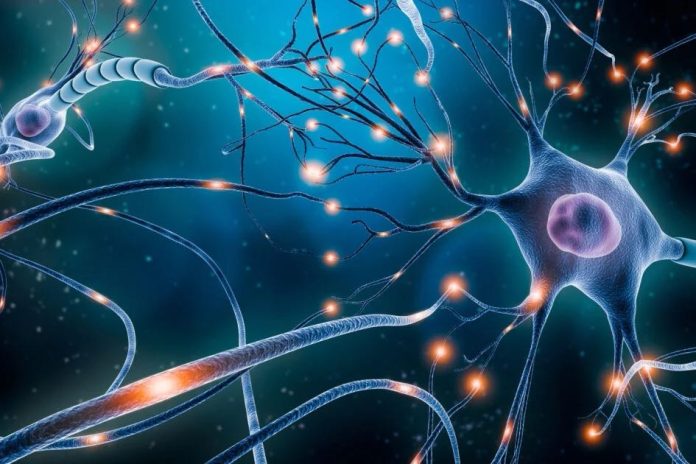A new study by researchers at UCLA and the University of Leicester in the United Kingdom has advanced knowledge on how the brain forms new memories. The findings could result in the development of new therapies to prevent cognitive impairment in Alzheimer’s and other neurodegenerative diseases.
The study authors note that their study is the first of its kind; they found that neurons in a specific area of the brain play a key role in rapidly forming memories regarding every day events; they examined neurons in the medial temporal lobe associated with episodic memory, which entails one’s ability to consciously recall experienced events and situations such as running into an old classmate at the movies. Episodic memory logs these unique experiences and relies on the very rapid formation of new associations in the brain.
The researchers were able to record individual neurons in the medial temporal lobe and discovered that the cells changed their firing to encode new associations at the exact moment of the experience, explained senior author Dr. Itzhak Fried, professor of neurosurgery and psychiatry and biobehavioral sciences at the David Geffen School of Medicine at UCLA and the Semel Institute for Neuroscience and Human Behavior.
Dr. Fried said, “This study goes into the heart of the neural code underlying one of the most fundamental aspects of human cognition and memory, namely the formation of associations. The astonishing finding was that this basic code is so explicit at the level of individual neurons in the human brain. Recording such activity of even one lonely cell in a multitude of billions of neurons in the brain of a patient on a hospital ward is a technical achievement that only a few places in the world can achieve.”
The study group comprised 14 patients with severe epilepsy who were hospitalized at UCLA and had electrodes implanted in their brains to identify the seizure focus for possible surgical treatment. The brain recordings in this study, where more than 600 medial temporal lobe neurons were identified, took five years and involved showing the subjects pairs of unrelated pictures, one of a person and another of a place, to construct a meaningful association that modeled the episodic memory of meeting a person in a particular place, explained first author Matias J. Ison, PhD, a lecturer in bioengineering in the Department of Engineering, at the University of Leicester in the United Kingdom.
The patients viewed approximately 100 pictures of celebrities, animals and places, and the researchers analyzed the encoding activity of the individual neurons in the brain as the images registered. With this first analysis, the team was able to find neurons that responded to one or more pictures. During a second analysis, they created contextual composite images showing a person at a place, e.g., meeting Clint Eastwood at the Statue of Liberty, and followed the activity of individual neurons while the patients learned these associations.
“This study looks at the single neuron correlates of the learning of new contextual associations in the human brain, and we were able to show for the first time that the speed at which complex associations are encoded is compatible with the basic mechanisms of episodic memory creation,” explained Dr. Ison. He added, “We had hypothesized that we’d be able to see some changes in the firing of the neurons. But the astonishing fact was that these changes were dramatic, in the sense of neurons being very silent or very active, and that it occurred at the exact moment of learning.”
Dr. Fried noted that understanding the basis of episodic memory formation is a key factor in neuroscience and may be of important clinical significance because this type of memory is affected in patients suffering from Alzheimer’s and other neurological diseases. He explained, “The loss of memory function is one of the most devastating afflictions of the human condition. This study looking at the basic underpinnings of the inception of associations is an important step in understanding the physiological basis required for the development of novel interfaces with the human brain that may one day improve the lives of neurological patients with memory impairment.” Dr, Fried also oversees a large team at UCLA that is currently engaged in a multidisciplinary effort to develop both software and hardware for a neuro-prosthetic device, which may restore episodic memory function in neurological patients.















